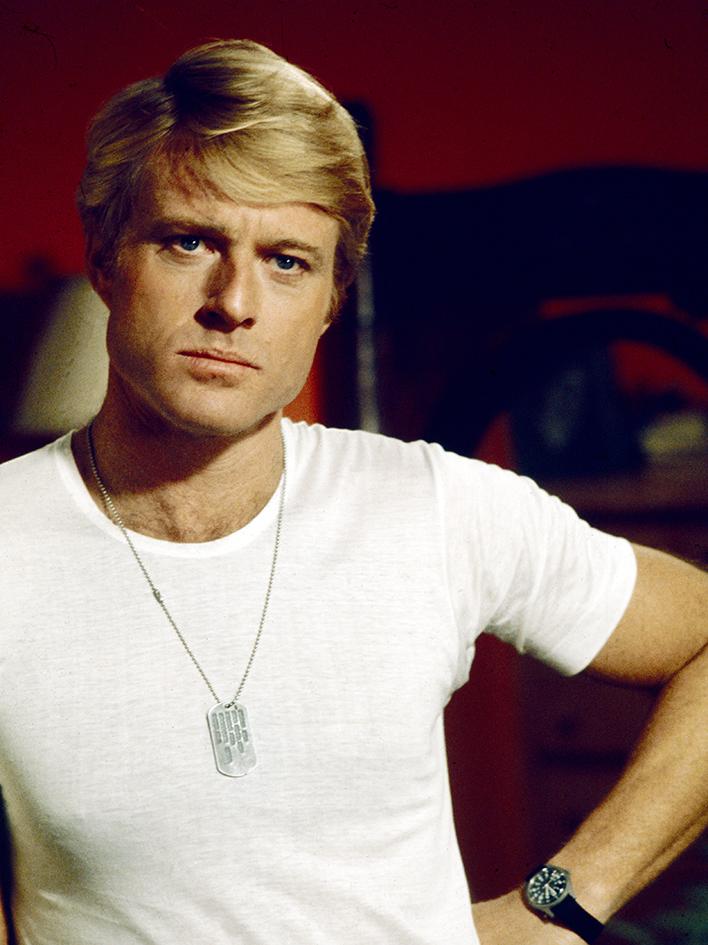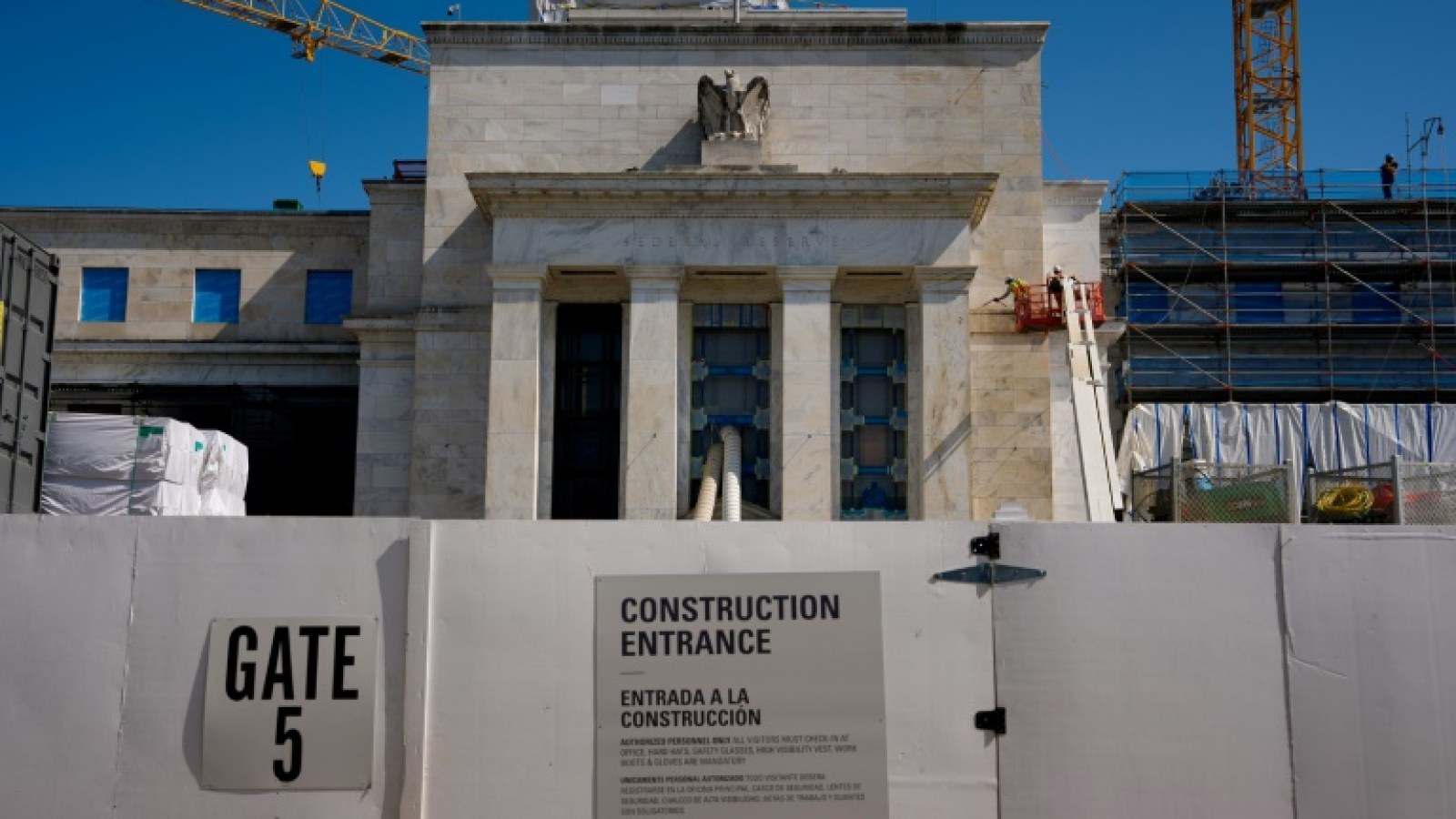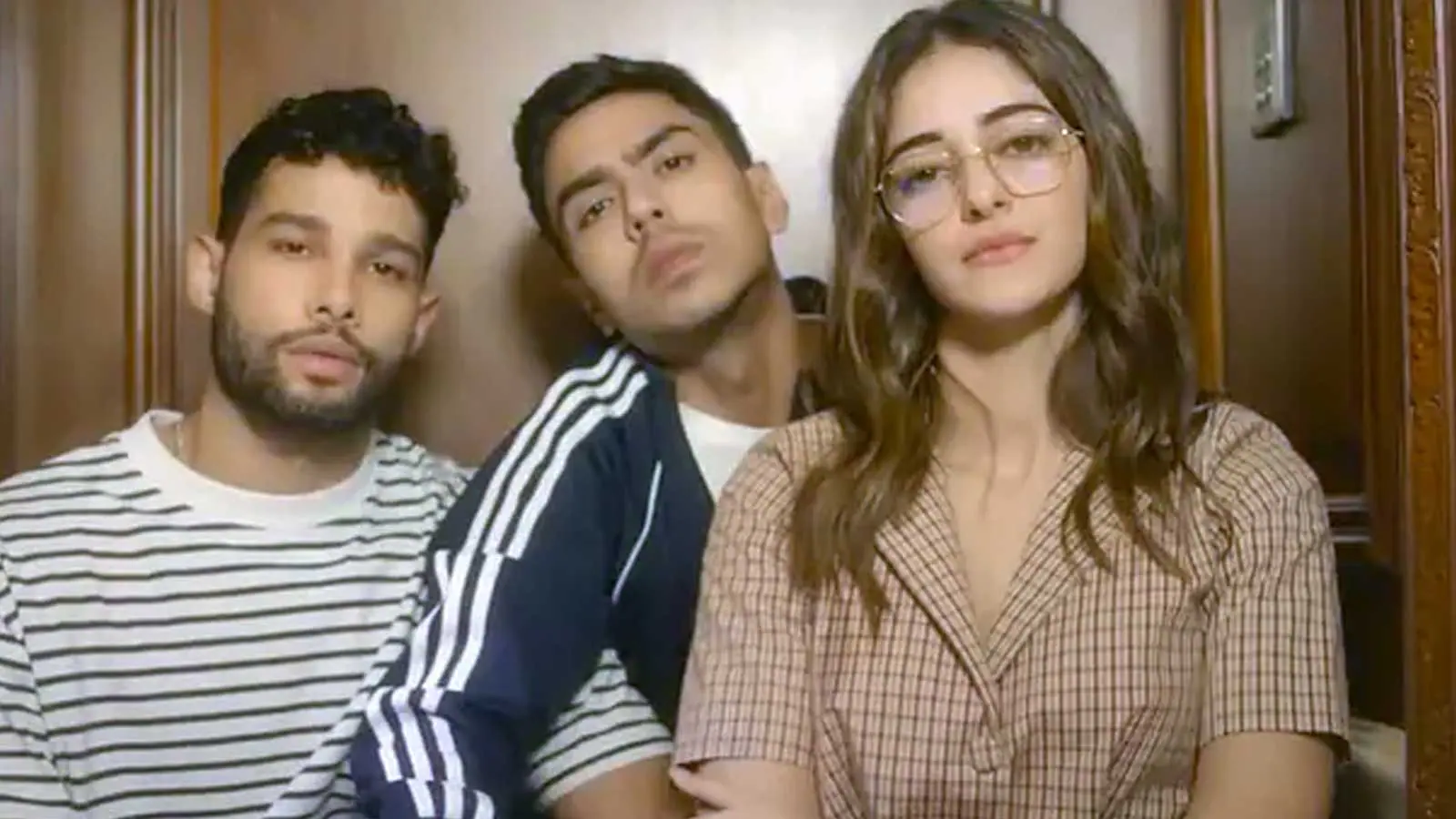By Gerry Brakus
Copyright newstatesman

Robert Redford was my first love. Jean-Paul Belmondo was the other. Two men who could not have been more different: Belmondo, unruly, dangerous, irresistible; Redford, golden and self-contained, his beauty almost too perfect to look at directly. Belmondo burned fast. Redford smouldered. Between them they formed my earliest ideas of desire, and they left me ruined for anything ordinary.
It was The Way We Were that did the real damage. Redford’s Hubbell Gardiner, the charming Wasp who falls for Barbra Streisand’s fiercely intelligent Katie, seemed to me the model of romance. Their relationship was unequal from the start, yet the heartbreak only made it more compelling. I came away convinced that love had to be dramatic, mismatched, impossible. That it should ache. That longing was the proof of its depth.
Redford made yearning beautiful. He played Hubbell with restraint, letting silences linger, a half-smile doing more than any speech. He suggested rather than declared, leaving you suspended in possibility. That was his power: the ability to make stillness magnetic, to turn what wasn’t said into the thing you remembered most. Watching him was to believe that something vital was always just about to happen, even when it didn’t. That tension shaped me, for better and for worse.
Looking back, I see that some of his deepest loves on screen were not women at all, but men. His partnership with Paul Newman in Butch Cassidy and the Sundance Kid and The Sting remains one of cinema’s most enduring relationships – playful, witty, and built on unspoken trust. With Dustin Hoffman in All the President’s Men, he created a different kind of intimacy: two men bound not by passion but by shared purpose, persistence, and an almost conspiratorial energy. These friendships carried as much emotional charge as any romance.
For me, though, it always circles back to The Way We Were. That film set the terms of my romantic life before I even had one. Redford taught me that desire was inseparable from pain, that real love should leave you with scars. I mistook heartbreak for inevitability, confusion for passion. It was beautiful and it was destructive.
News of his death feels more personal than it should. It is not only the loss of a great actor, director, and cultural figure, but of the man who shaped my first ideas of what it meant to love and to want. With him, an era of cinema ends – the one that taught us that silence could be louder than words, that longing could feel larger than fulfilment.
Robert Redford was never just a star. He was a mood. A presence that haunted long after the screen went dark. And for me, he will always be the man who made heartbreak look like love itself.
[See also: Robert Redford was the last simple beauty]



